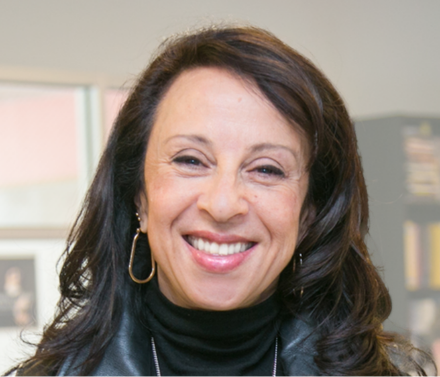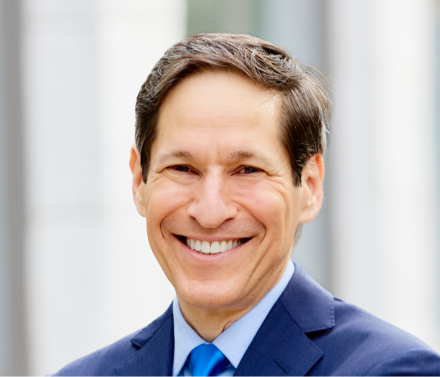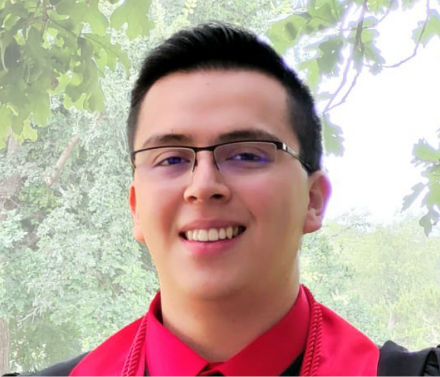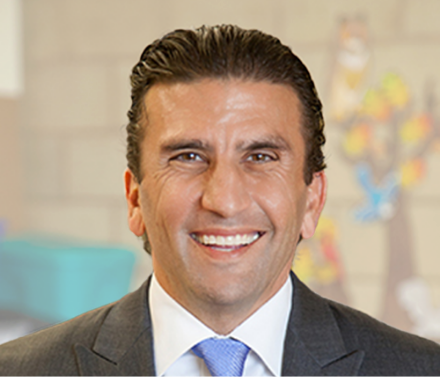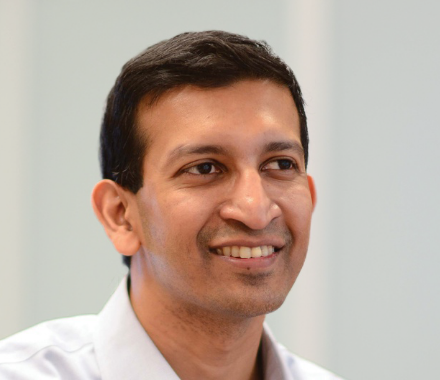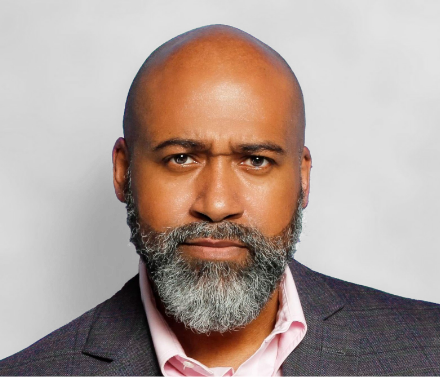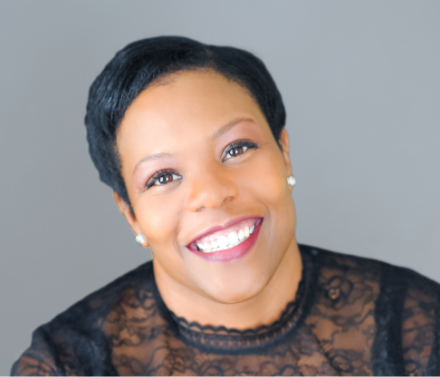THE BEAUTIFUL PART about tutoring is that it’s a close relationship. Students don’t have to compete against a room of 25 or 30 other people to get attention. A high-quality tutorial is based on informed practice. It’s not just working with somebody on their algebra lesson and then leaving and wondering whether or not the student understands it. It’s about relationship building.
In Saga’s Math Lab, students learn to say, ‘Can you help me with this?’ That kind of freedom to be vulnerable, to get what you need, is life changing.”
Those relationships encourage students to move forward and not be afraid to make a mistake because that’s how they grow. They become more eager to take a chance, to take a risk on a problem, and not feel defeated because it didn’t turn out the way they thought it would.
Being willing to make a mistake. Being willing to ask for help. Those things are so huge—taking that whole idea of failure and turning it into an opportunity for growth. In Saga’s Math Lab, students learn to say, “Can you help me with this?” That kind of freedom to be vulnerable, to get what you need, is life changing.
Moving forward, I’m hoping we find a way that parents can choose, without penalty, to be more engaged in their children’s education—whether we’re talking about being in the classroom or at-home virtually. I want to be real clear: parents in poor communities struggle to be involved in their children’s education.
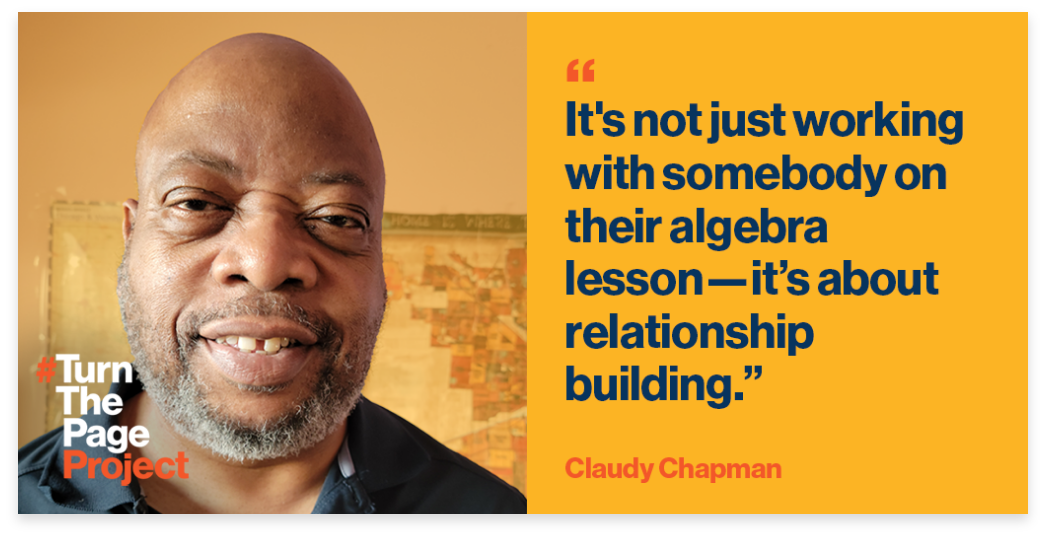
SHARE CLAUDY’S STORY!
If you are a parent, or even two parents, working for an hourly wage at a job that you just can’t afford to take time off of—there’s no backup for when you get a call from school. You’ve got to go see about your child. We need an infrastructure with technology to make sure everybody has access to a high level of care and instruction. During the pandemic, it was just assumed everybody’s got it, but they don’t.
I have hope that all the resources we have, all the technology we have, will give our children an opportunity to live their dreams and to create new dreams we haven’t even thought about yet, to solve problems that we thought were unsolvable.
